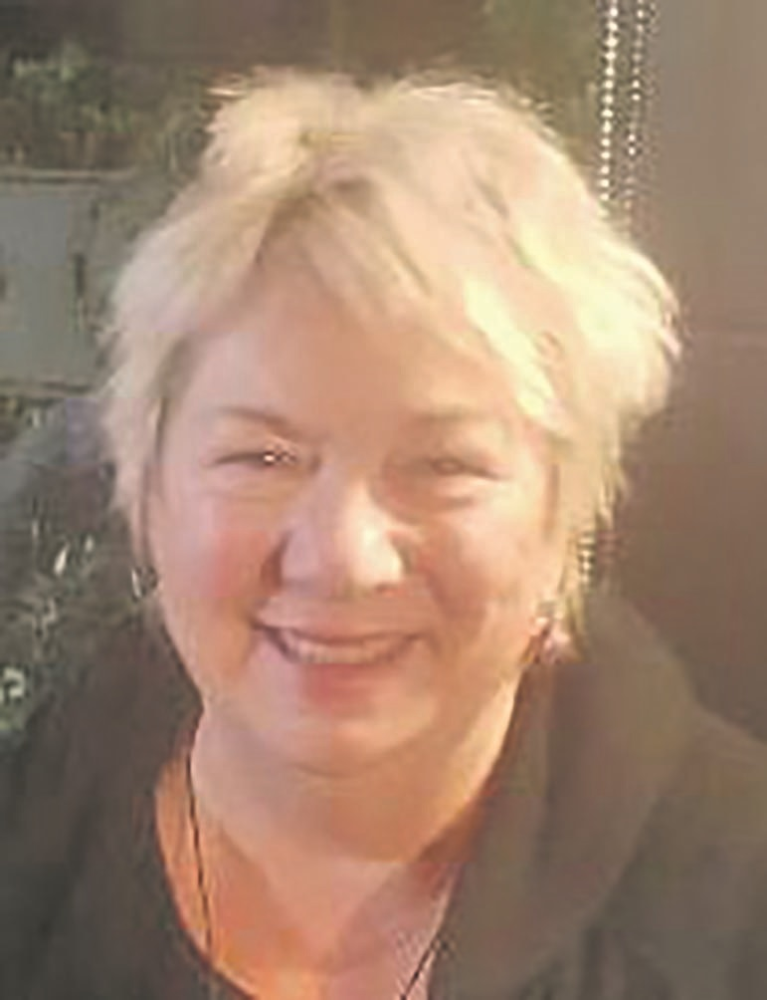My life has been saved.
It seems strange for me looking back six months to when I was told I had bowel cancer. Strange because apart from still being in recovery mode, none of it seems real.

I suppose it all began when I – and thousands of other 60-74 year-olds (50-74 for higher risk Māori and Pasifika) – got the two-yearly bowel screening package (the “shit kit” as my husband calls it). It arrived in our letterbox, landed on my desk and became a “get around to it” task.
It was still there when I got a follow-up email from the programme. It reminded me. I still did nothing. Then I got a phone call.
“We haven’t got your screening kit back,” said the voice.
Motivated at last, I duly did the job. It’s really quite simple, though some people seem to balk at the idea of taking a sample of their poo. I’m happy to say it’s well worth either having peace of mind, or finding you have something that can be treated early.
Like most people doing the screening test, I had no concerns. Previous tests had been negative. I had no symptoms. I felt fine.
The results, which came a couple of weeks later, indicated otherwise. There was an “abnormality” in the results. I needed a colonoscopy to see what was going on.
That happened on April 19 at Palmerston North Hospital. The medical staff advised that most of the time there’s not much to worry about. I could have nothing, or perhaps some benign polyps.
Previous abdominal surgery meant the procedure was by no means comfortable, and I had to be sedated. I was still groggy when husband Ian was escorted to my bedside for a chat with the colonoscopy review team. That wasn’t a good sign.
“We found a 4cm cancerous tumour,” the surgeon said matter of factly. “We’ll have another look with a CT scan, but we think we can remove it all and you should be fine.”
I was still processing the “tumour” part of the conversation, so the “fine” bit was very much secondary. The reality was I had cancer. Wow.
The CT scan was scheduled only 12 days later. It confirmed the tumour, but it also indicated the tumour had not grown through the bowel lining, which would have vastly increased the risk of the cancer spreading.
The scan also confirmed the location of the tumour, which was in the lower bowel rather than the rectum, making post-op complications and the need for a stoma (colostomy) bag less likely.
Surgery date was set for May 21. Ian and I were surprised and gratified that it was just over a month from diagnosis, only 20 days after the CT scan, and in the middle of a junior doctor strike.
Being busy with work and other activities as we usually are, and with my father in Palmerston North Hospital during this time, the days flew.
Of course Ian and I discussed the possibility that the outcome might not be as good as we’d like, but nothing we had been told indicated it would be anything but positive. That’s what we concentrated on.
Surgery took about four hours, with another couple of hours of recovery before I could go to a ward. The surgeon removed a large chunk of the lower bowel – enough above and below to ensure all cancer was removed. In plumbing terms, he cut out the broken bit of pipe and reconnected it. All with keyhole surgery, and no stoma bag!
“We got it all – no chemotherapy needed,” the surgeon said. “We’ll see how it’s going in a couple of weeks, and check again in a year or so.”
I spent six days in hospital recuperating, steadlily getting back on my feet. More than four months later, the bowel occasionally still plays up, but I’ve been able to do most things as before.
Knowing so many friends and family who are having to battle their cancer, I almost feel like I never had it – a cancer fraud in comparison.
But I’m well aware that the bowel screening programme probably saved my life. I might have lived the next couple of years with the cancer growing inside me. I might have felt increasingly ill, but the cause of the illness might not have been obvious. If it was correctly diagnosed, it might have been too late for it not to have spread, dramatically changing – or ending – my life.
I’m enormously grateful for the bowel screening programme. Others have been saved by early detection through breast screening and other programmes.
So I urge everyone who gets the screening kit to use it straight away, and send it back for an analysis that will most likely show you have no problem. But maybe, just maybe, you have a problem you don’t know about. It could save your life.
For more information about bowel screening, visit timetobowelscreen.nz
OTHER STORIES



